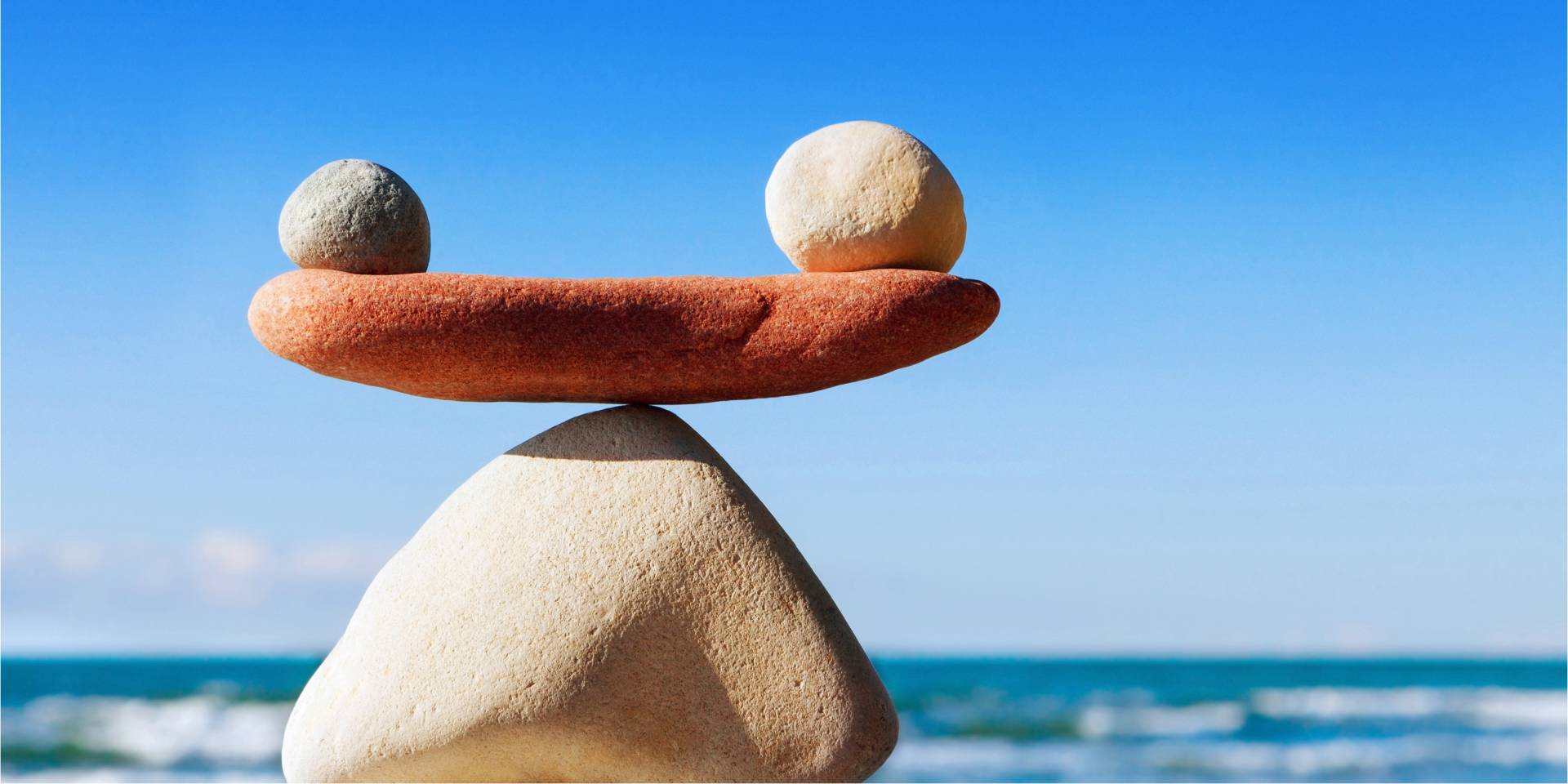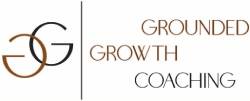Being Grounded

Sharpening the Axe for Life and Business
This past weekend, I had the wild ride of attending a men’s retreat hosted by “A Brother’s Path,” tucked away in the epic wilderness of Edgewater, BC. For two nights, we ditched the daily grind and found a haven where we could make real connections, focus on our mental health, and get back to our roots.
The Need to “Sharpen Your Axe”
In our hustle-heavy world, the idea of “sharpening your axe” couldn’t be more spot-on. It’s all about taking a step back to recharge and rejuvenate, making sure we’re at our sharpest. This retreat was a game-changer in that sense. By breaking away from our routines and diving into activities that refreshed our minds and bodies, we came back not just recharged, but ready to take on the world.
Building Strong Bonds
A big part of the retreat was about forging strong bonds with other men, something that doesn’t always come easy. But during our time at the cabin, those walls came down. We cooked, ate, played games together, and had some deep round table talks. These shared moments created a brotherhood and a support network that’s often missing in our hectic lives.
Highlights and Activities
The retreat was packed with killer activities. One standout was the suicide prevention workshop hosted by Craig Hannum with “The Toughest Topic”—a crucial session that tackled a tough topic with care and real advice. Plus, there was the sheer joy of cooking and eating together, with the brisket being a total showstopper. These meals weren’t just about food—they were about connection and conversation.
Boosting Business
As a business coach, I can tell you these retreats are gold for professional growth. They offer a prime chance to pause and rethink our goals and strategies. The clarity we gained translates directly into better business performance. Refreshed and focused, we’re ready to conquer challenges and seize opportunities. The connections made at the retreat can turn into collaborative ventures and support networks that drive business success.
In the end, the men’s retreat with “A Brother’s Path” was a badass experience that hammered home the importance of taking time to recharge and connect. It showed us that by “sharpening our axe,” we’re not just bettering our personal lives, but also setting ourselves up for professional greatness. If you’re looking to find balance and build kickass connections, I can’t recommend this retreat enough.

